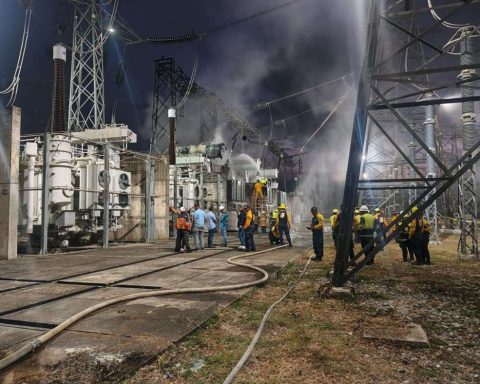After receiving a diagnosis of breast cancermany young women who do not yet have children worry about the possibility of be infertile; Due to the side effects caused by the chemotherapieswhich can affect the decrease in ovarian reserve or in some cases, signs of early menopause may occur.
According to Nubia Bautista, deputy director of Non-communicable Diseases of the Ministry of Health and Protection, “Mortality from breast cancer in women is rising annually. While in 2009 there were 2,243 deaths, in 2019 there were 3,535, which represents an increase of 36.5% and which in a decade claimed the lives of 22,174 women between the ages of 30 and 70.
In the last decade, oncological fertility preservation has been an option that facilitates future motherhood. However, there are risk factors that affect women’s maternity, which can be presented by:
- patient age
- The type and dose of drugs used in treatment
- Radiation delivered to the body where the dose is applied
- the type of cancer
In this context, Carolina Rivera, medical geneticist from Dasa Genómica Colombia and president of the Colombian Association of Human Genetics, states that, “ women with cancer should receive appropriate counseling at the time of diagnosis Regarding the option of egg freezing that allows the possibility of a pregnancy at the end of treatment, this option is already available in Colombia”.
fertility preservation
When starting procedures for the treatment of breast cancer, it is possible to perform stimulation for egg retrieval. The process should be done before starting chemotherapy and after mastectomy. The eggs are then frozen in a method known as vitrification. After the complete completion of cancer treatment, that is, including the period of use of specific drugs to control the disease, which can last from three to five years and after release from the oncological mastologist, the patient can make use of material that has been frozen to attempt pregnancy.
Nilka Donadio, consultant in human reproduction and fetal medicine at Dasa Genomics, Dasa’s genomics arm, the largest diagnostic medicine network in Latin America points out that, “faced with the diagnosis of breast cancer, due to the anguish of starting treatment immediately, many patients end up not being oriented about the possibility of oncological preservation of fertility. These women do not have to suffer twice, that is, with the disease and then with infertility”.
genetic factor
Family history should also be taken into account when diagnosing breast cancer. Dr. Nilka points out that, “the need for genetic tests that can assess the possibility of an inheritance of the disease. The hereditary predisposition in cases of breast cancer is an increasingly studied topic”.
About 5% of patients with this type of cancer have a genetic syndrome. Most commonly, mutations in the BRCA1 or BRCA2 genes are seen, which increase the lifetime risk of developing breast and ovarian cancer.
















